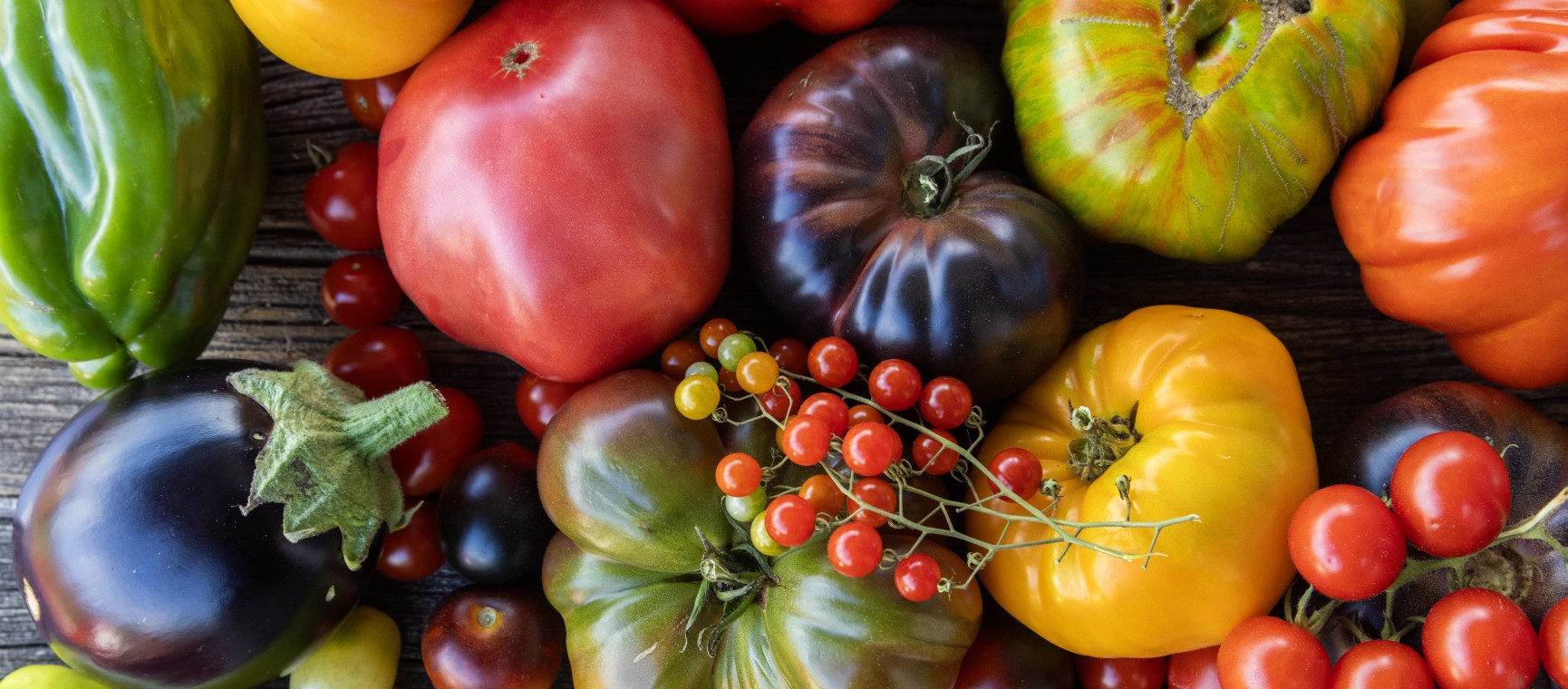
Eating healthily doesn’t need to be about depriving yourself – adding to your diet can be just as effective. We’ve all read about “superfoods” that can supposedly work miracles, but you’re better off with the simple things we need to stay healthy.
And you can easily add them to your shopping list, or eat them a bit more often if you buy them already.
Read on to discover an expert dietitian’s top choices.
We all know we should be getting our five portions a day – or even 30 plants a week – but are you getting enough variety?
Priya Tew, director of Dietitian UK, says: “If you’ve traditionally stuck to broccoli, peas and carrots, experiment with something new.
“Try and get as many different colours as you can into your meals and you’ll be getting a range of different antioxidants, vitamins and minerals into your diet, which is really great in terms of ageing and overall health.”
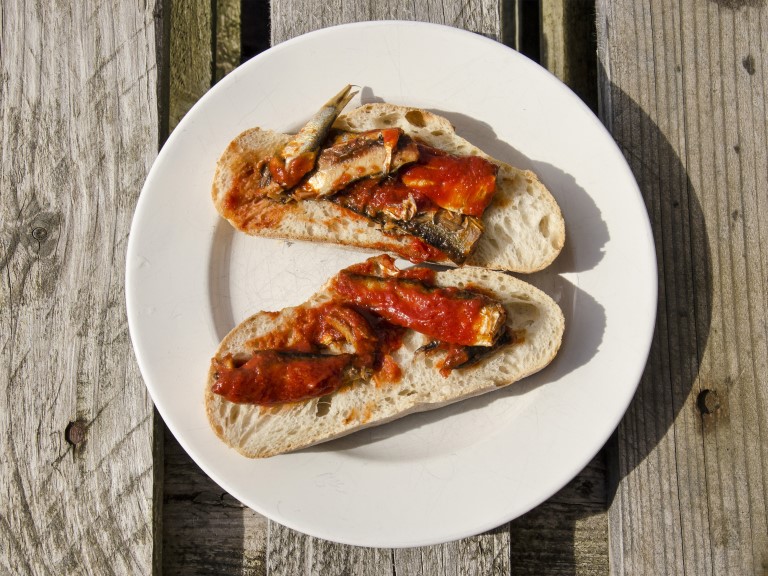
We’re all recommended to eat two portions of fish a week, including one (about 140g) of oily fish, because it helps to keep the heart healthy (and because fish contains a range of vitamins and minerals). Most of us don’t manage that, but you don’t need to buy it fresh because frozen or tinned works just as well.
“Oily fish such as salmon, herring, sardines and mackerel is a great source of omega-3, which is important for heart health and keeping your blood pressure steady,” says Tew. “Tinned sources are fine as well, so your sardines on toast are ideal.”
Are you eating enough fibre? It’s recommended that we have 30g a day, but research suggests most adults only manage 20g. Fibre supports your gut health, and there’s evidence that wholegrains, seeds and nuts, which are all high in fibre, are associated with heart health, too.
While breakfast cereals, such as Bran Flakes are high in fibre, there are plenty of other ways (without the added sugar and salt that Bran Flakes contain).
“Chia seeds and linseeds will add more fibre in a compact way. They contain soluble fibre which helps you form a softer stool and helps it pass through your digestive system,” says Tew.
“If you’re struggling with gut health issues or diverticulitis, being aware of fibre is so important. Sprinkle the seeds on your breakfast cereal or add them to porridge or smoothies. Once you soak them in water they swell up, so that’s a nice, easy way to get your fibre in.”
Wholemeal varieties of bread and pasta, porridge oats, brown rice and skin-on potatoes will also help increase your fibre intake, and the fibre content is another reason why vegetables and fruit are always worth adding to your diet.
It’s delicious, it’s creamy and it goes with breakfast, lunch and dinner, but Greek yogurt has health benefits too.
Tew says: “Greek or live yogurt is a good probiotic for your gut, bringing the beneficial bacteria in. It’s good for calcium too. Although our bones are no longer growing as we get older, we want to be looking after them.”
Standard Greek yogurt is higher in fat than standard plain yogurt (usually around 10% fat), so choose a low-fat version if you’re watching your weight or your cholesterol levels.
Lean protein is an important part of a balanced diet, particularly as we age. Milk, fish, eggs and chicken are all sources you might already be eating, but there’s another protein source that’s packed with nutrients.
“I know tofu is a bit of an unusual one, but it’s a really good source of calcium and iron as well as protein,” says Tew.
“Eat protein-rich foods at every meal. Protein becomes more important as we age, but rather than measuring it out, think: ‘Let’s make sure I have a portion of protein with breakfast, lunch and dinner’.
“Use the palm of your hand as a guide. If you’re thinking about chicken and fish, eat a portion that’s the size of your whole hand, including your fingers, whereas for a piece of red meat such as steak you just need the size of your palm.”
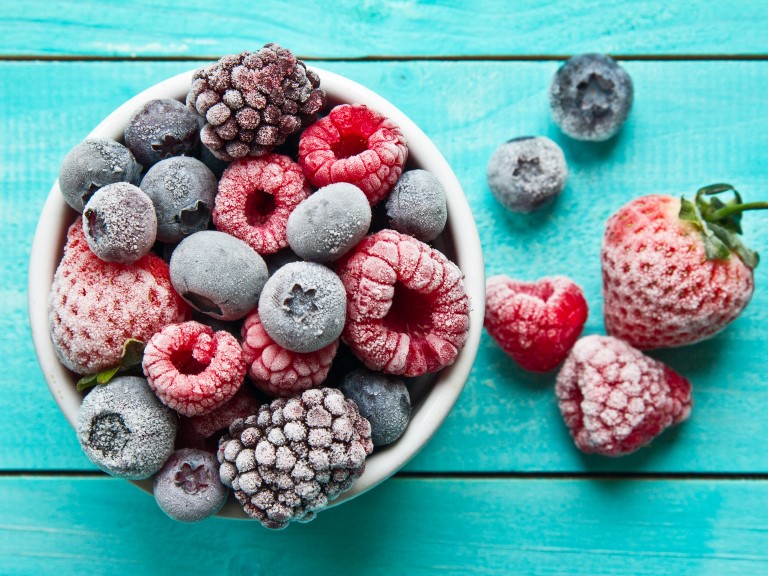
Fruit is good, but berries deserve their own place on the list due to their multi-tasking goodness.
“There’s evidence-based research on the MIND Diet which finds that eating berries improves your cognitive function, which can help with memory and how your brain is working,” says Tew.
“We think that’s due to the antioxidants and phytochemicals that are in berries, plus they’re a good way of getting fibre in. Go for a variety of colours – and whichever ones you like.”
Mix blueberries with strawberries or raspberries and add blackberries when they’re in season. “Don’t forget it’s OK to use frozen berries – it can be so much easier if you’re living on your own and don’t want expensive fruit to go to waste if you don’t eat the whole pack,” says Tew.
Good news for snackers: swap your crisps for nuts and you’re onto a winner. “Nuts are little powerhouses of different nutrients. They’re great in terms of protein, they have fibre and contain lots of different vitamins and minerals,” says Tew.
“If you like a snack, nuts are a good way to fill you up. Research shows they’re great for weight maintenance if you have sensible portions, which is a handful a few times a week.
“They’re included in the Mediterranean diet, which is one of the healthiest ways to eat because it’s based on lean proteins, fruit and vegetables, and nuts and seeds.”
Hannah Verdier writes about fitness, health, relationships, podcasts, TV and the joy of reinventing yourself at 50 and beyond. She’s a graduate of teenage music bible Smash Hits and has a side hustle as a fitness trainer who shows people who hated PE at school how to love exercise.
View author page
Find out about Saga's gastronomy holidays here...
They say the way to the heart is through the stomach, and Saga’s thoughtfully crafted food and wine holidays are perfect if you like trying new flavours and exploring traditional methods of cooking.

Health insurance for people over 50 that provides a quicker route to diagnosis and planned medical treatment in a private facility.
Underwritten by Bupa Insurance Limited.
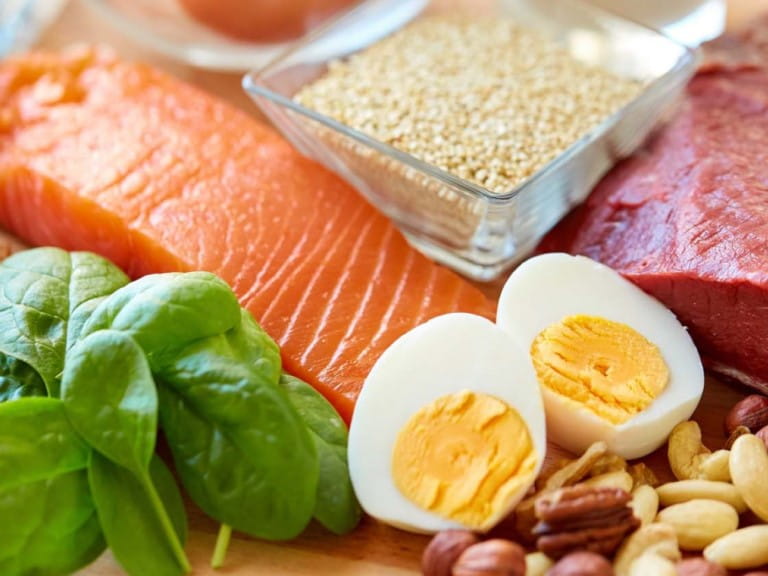
Everything you need to know about protein, from what it does for your body to the best high protein foods – and how much you really need.

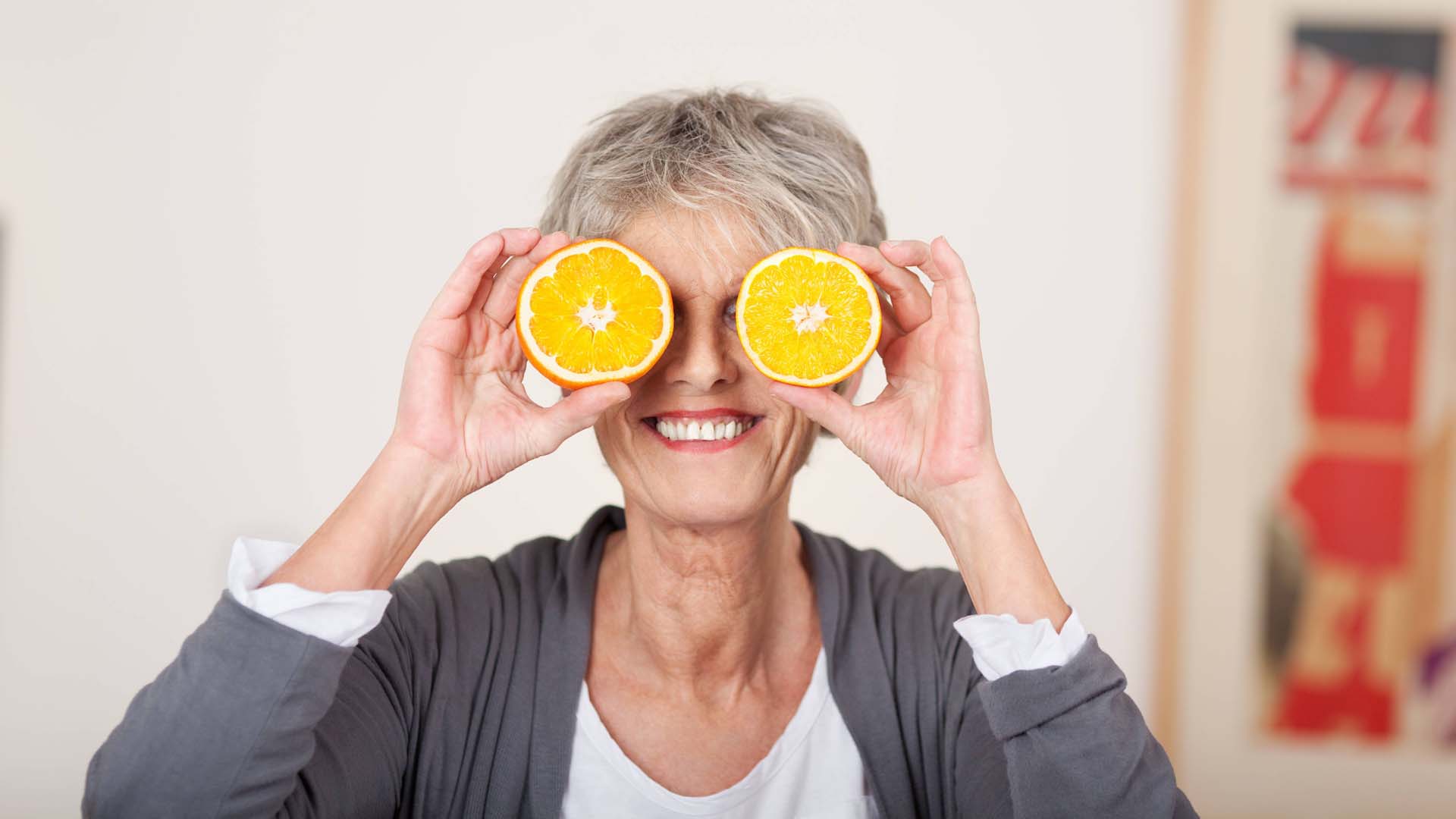
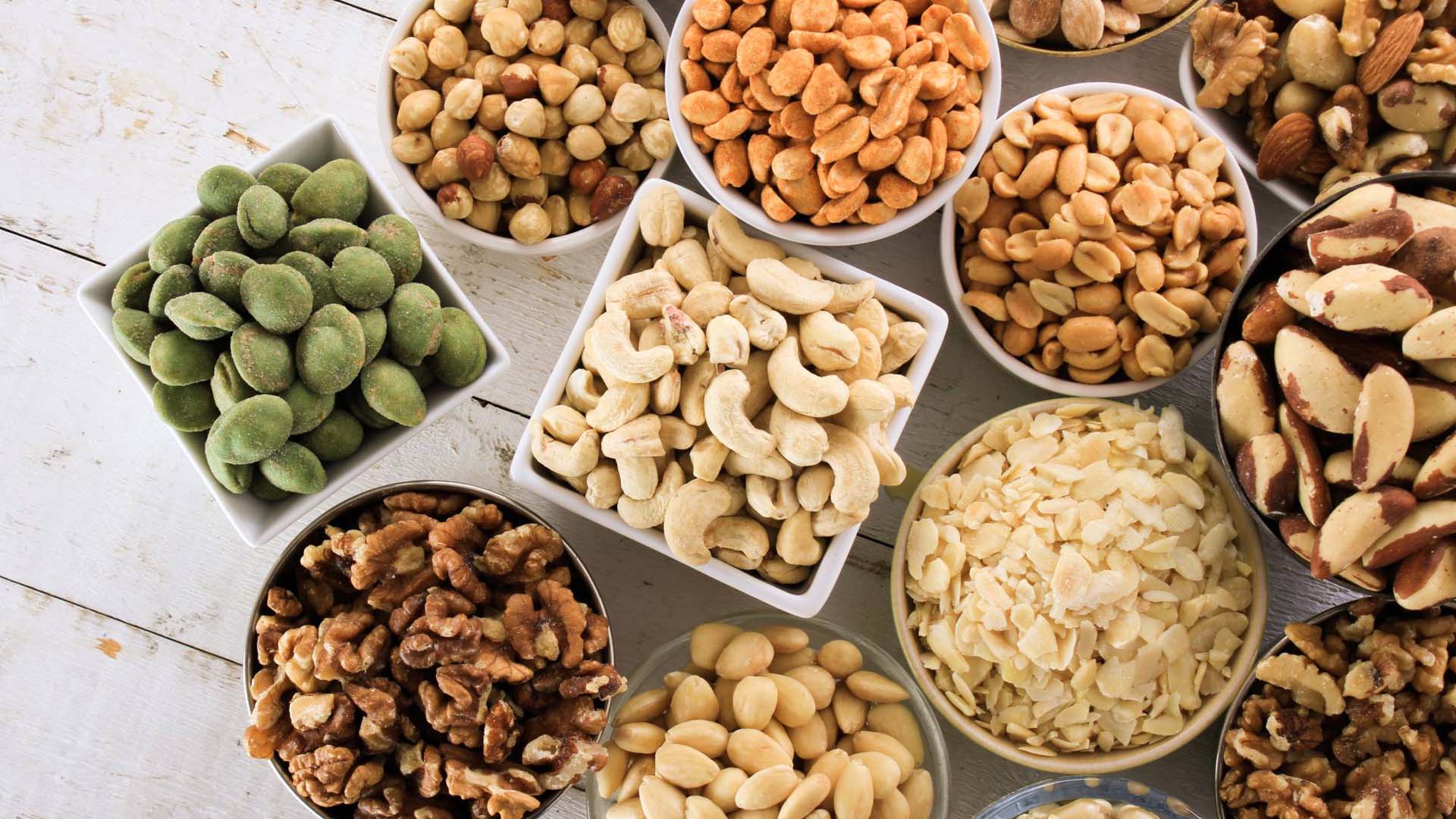
Let’s roast the myths! Not only are nuts less fattening than once feared, research shows they can cut the risk of heart disease too
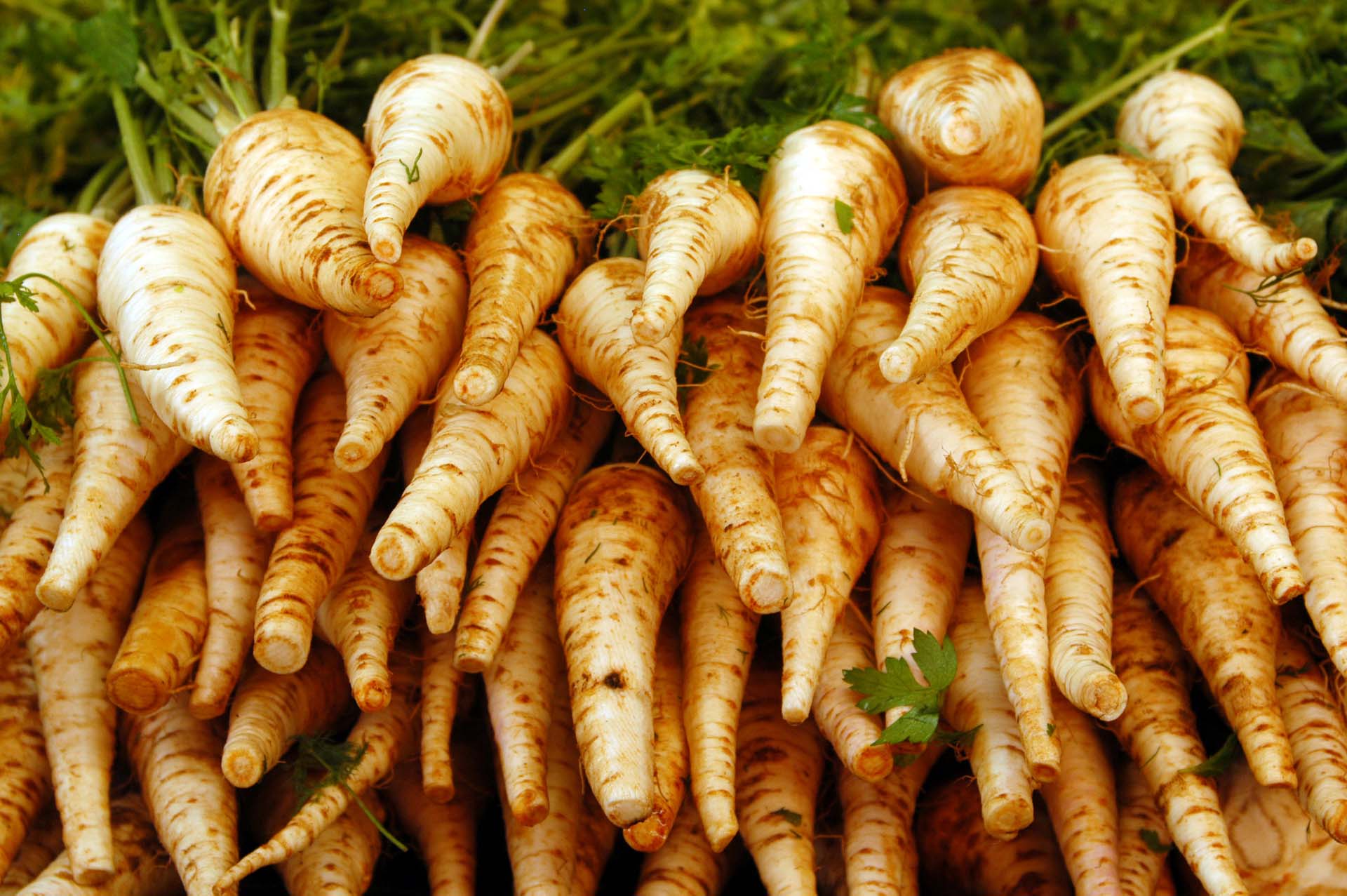
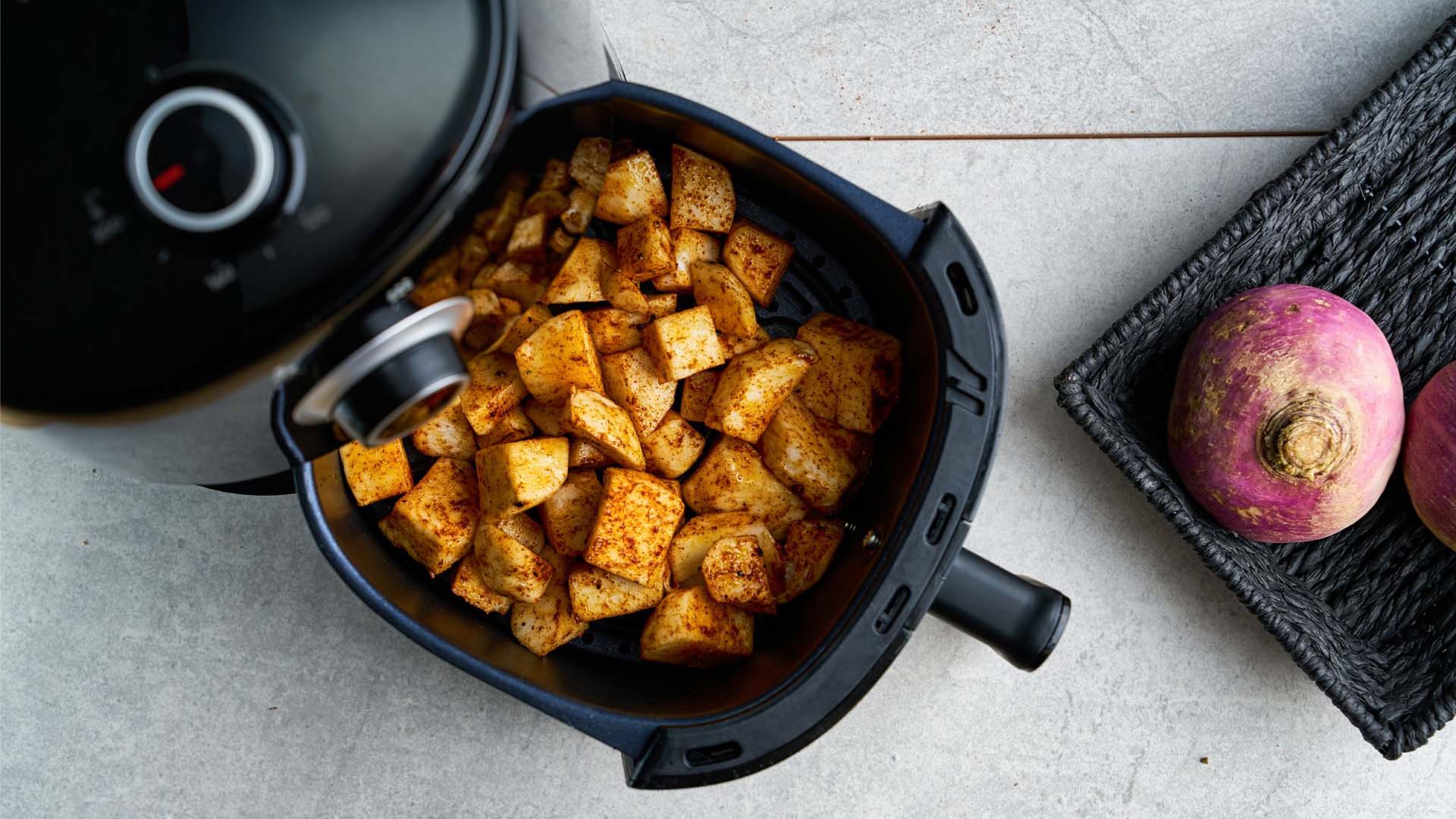
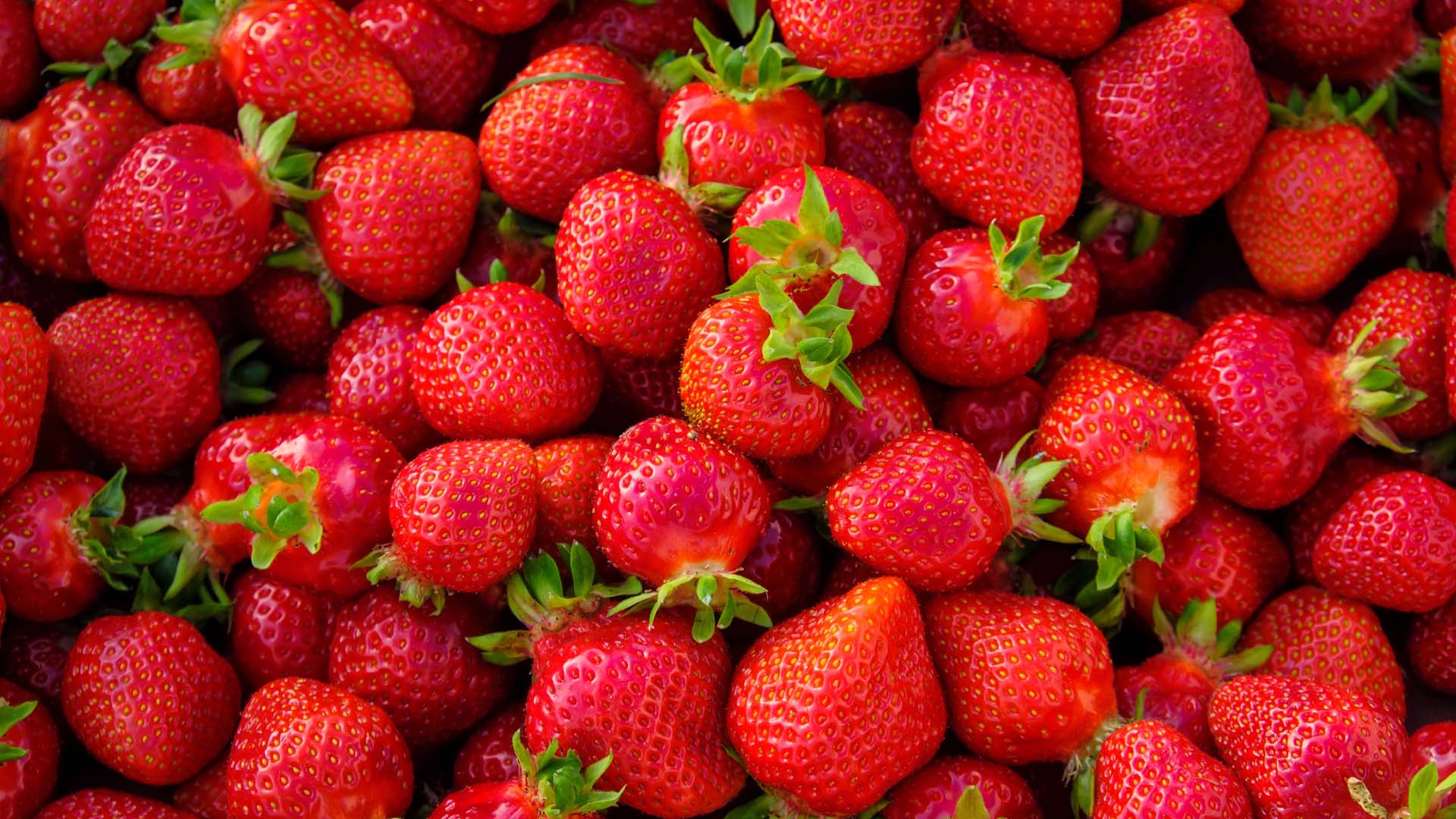
Strawberries don't just taste and look great, they are full of fibre, help your heart health and may even stave off dementia.
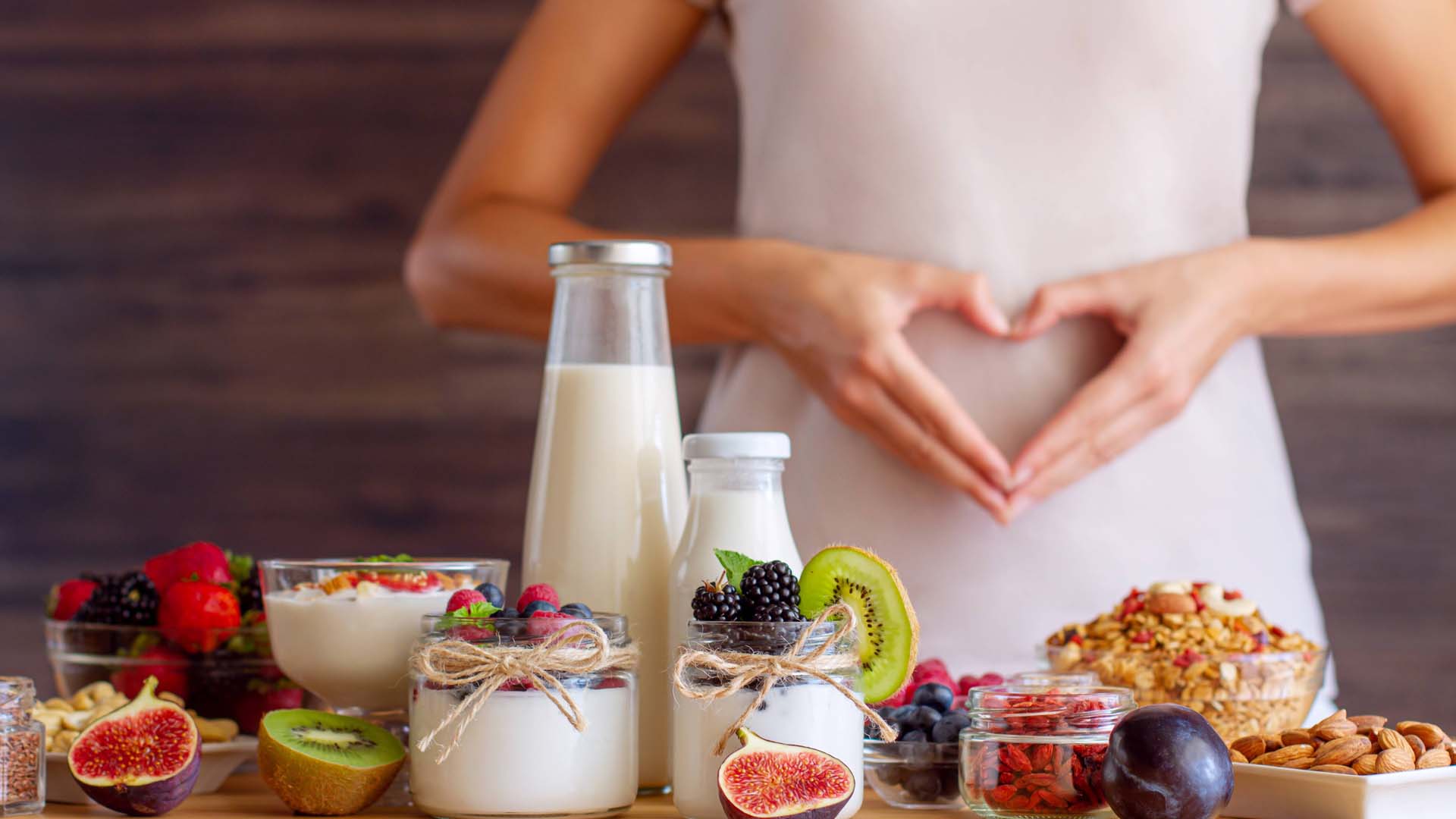
Looking after your gut health could be one of the biggest things that you can do for your overall health. Here are the best foods to keep your gut happy.
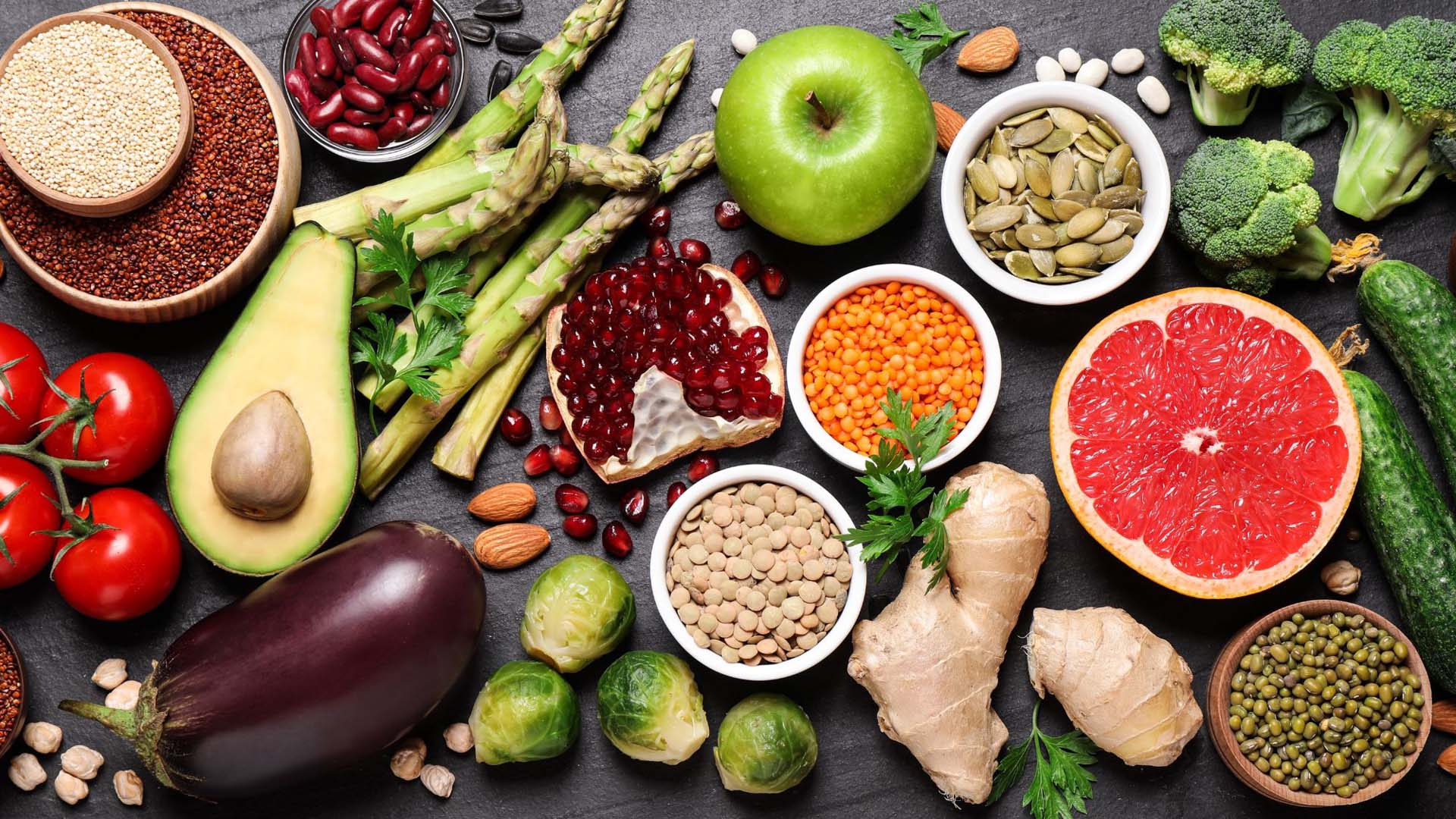
The foods that could help you live longer and protect against chronic illness.